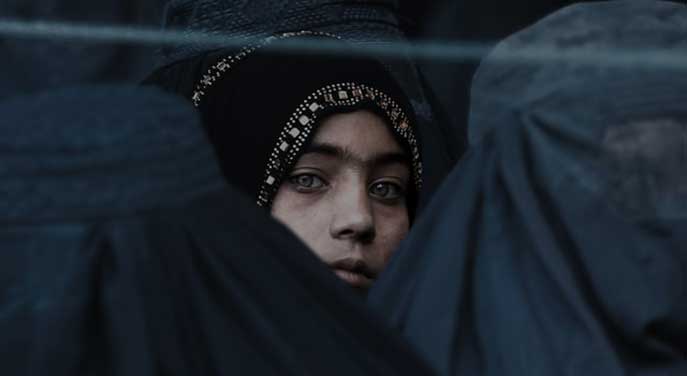 The hasty, defeatist and craven withdrawal of U.S. and NATO forces from Afghanistan in August has compelled the “civilized” Western nations and their leaders to confront the failures and errors of the past 20 years, which resemble those of earlier conflicts.
The hasty, defeatist and craven withdrawal of U.S. and NATO forces from Afghanistan in August has compelled the “civilized” Western nations and their leaders to confront the failures and errors of the past 20 years, which resemble those of earlier conflicts.
The initial supposed conquest of Afghanistan relegated the remnants of the Taliban zealots to the fringes of the country. They repaired to their redoubts in Pakistan, protected by that country’s Inter-Services Intelligence (ISI) headquartered in Islamabad, the capital of that treacherous ally. This gave the NATO victors false senses of security and superiority, which were not to last.
Led by the U.S., NATO embarked on not merely pacifying but remaking Afghanistan in a liberal, democratic, free-market simulacrum of a Western nation. They largely ignored the ethnic, cultural, religious and other aspects of how Afghans live and view life, faith, traditions, customs and other loyalties – or not – to families, communities, their ethno-linguistic groups, their work and government.
Arrogant Western governments and non-governmental organizations tried to swiftly turn a pre-industrial, traditional and devoutly Muslim society into a modern, secular, egalitarian one. They imposed a top-down structure of new laws and institutions. The appeal of strong religious and cultural conservatism led to low public acceptance of changes. Distrust among Pashtuns, Tajiks, Uzbeks and Hazaras, and between Sunni and Shia Muslims, was either ignored or declared barbaric without addressing it.
It’s unclear what NATO members’ employees in foreign affairs and the military or non-governmental organization functionaries know about distant agrarian subsistence lands that are unlike Western nations.
Greater knowledge about other nations’ traditions, beliefs, economies, religions, and ethnic relations needs to be compiled and updated constantly. This information should be made accessible to politicians, commanders and troops who might intervene in terrorist-infested or other potentially militant states. Universities could help, too.
Vietnam and Afghanistan may be special cases. Both had neighbouring states providing arms, succour and training, although it’s a mystery why physical barriers weren’t built to block those flows in both wars. There should be a better understanding of societies and cultures that are quite unlike our own. They could be impervious to Western vanity projects of nation-building that aren’t reliant on people building on their own institutions and governing structures.
NATO or other forces may need to intervene again elsewhere. Those places will be less developed. They will also be traditional, with deep biases, suspicions and fears, differing from those in wealthier, more educated nations with well-developed political, commercial and democratic institutions and customs.
Insurgents play on those fears and on fears of the insurgents themselves.
 Bolstering communities without threatening cherished traditions and norms is vital, as is showing credible alternatives to what the insurgents purvey. It can take a long time for a place to turn around and become stable, peaceful and amenable to social and economic progress without mayhem.
Bolstering communities without threatening cherished traditions and norms is vital, as is showing credible alternatives to what the insurgents purvey. It can take a long time for a place to turn around and become stable, peaceful and amenable to social and economic progress without mayhem.
Outsiders unable to grasp different cultures will be ineffectual, especially if they’re informed by an imperial, and imperious, mentality.
Humility, realism and hard study are in order. Think Ulster, Bosnia or Rwanda – not Japan.
Ian Madsen is a senior policy analyst with the Frontier Centre for Public Policy.
Ian is a Troy Media Thought Leader. For interview requests, click here.
The opinions expressed by our columnists and contributors are theirs alone and do not inherently or expressly reflect the views of our publication.
© Troy Media
Troy Media is an editorial content provider to media outlets and its own hosted community news outlets across Canada.


Dear Mr. Rowland:
Excellent comment.
I heartily approve.
Ian Madsen